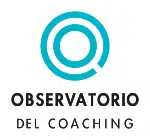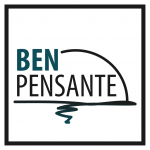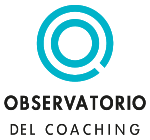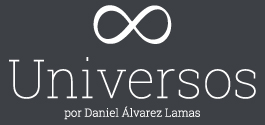A review of Clutterbuck’s book, «Coaching the Team at Work.»
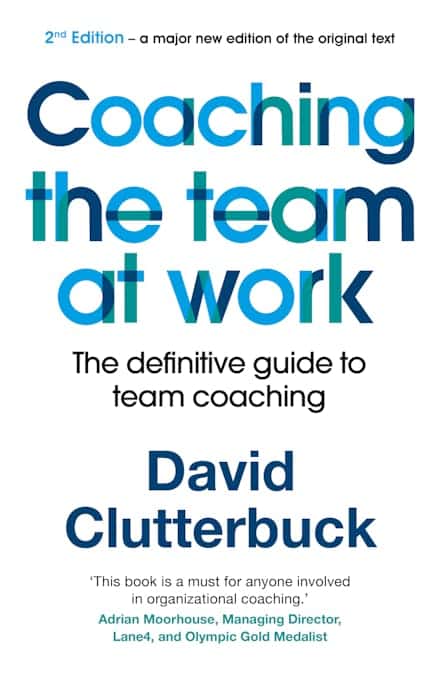
Reseña del libro de David Clutterbuck «Coaching the Team at Work»
Por Thomas Secher
David Clutterbuck’s «Coaching the Team at Work» provides a deep dive into the world of team coaching. Clutterbuck, a coach with extensive experience, offers readers actionable techniques and tools to maximize their team’s potential. The review of the book’s strengths and shortcomings will focus on its core ideas and themes.
The first part of the book lays a solid groundwork for learning about leading a team. Clutterbuck explains what team coaching is and why it’s so important in today’s workplace. Then, he delves into what makes high-performing teams tick and pinpoints the main aspects that lead to their achievements. Clutterbuck stresses throughout the book the need to cultivate a culture of trust, cooperation, and responsibility.
A strong suit of «Coaching the Team at Work» is Clutterbuck’s provision of useful models and resources for coaches to implement in their work. He lays out the Team Performance Model, a framework for coaches to use in analyzing team performance and pinpointing problem areas. The model provides a comprehensive method for growing effective teams by considering goals, responsibilities, connections, activities, and outcomes simultaneously.
Clutterbuck echoes this sentiment, noting the value of studying how team relationships affect performance. He delves into the process of team growth, illuminating the obstacles and possibilities that arise at various junctures. The significance of creating a culture of learning, open communication, and emotional security within teams are among topics he tackles.
The book provides both theoretical and practical advice for team coaches. Clutterbuck lays out a variety of coaching interventions and methods that can aid teams in succeeding. Clutterbuck gives coaches everything they need to successfully negotiate complicated team dynamics, from hosting team meetings to giving feedback and mentoring individuals within the team.
Clutterbuck’s insightful comprehension of the difficulties faced by coaches in guiding teams is one of the book’s strongest points. He discusses typical roadblocks like disagreement, misalignment, and resistance to change, and provides useful advice for overcoming them. Because of his wealth of expertise, Clutterbuck is able to illustrate his points using relevant examples and in-depth case studies.
One of the book’s best features is how it encourages coaches to think critically and keep learning. Clutterbuck stresses the value of introspection and growth, urging trainers to examine their own prejudices and shortcomings. He encourages coaches to constantly analyze and better their methods by presenting them with reflecting tasks and thought-provoking questions.
The book’s layout and construction also make it simple to read and understand. Clutterbuck simplifies difficult ideas into manageable chunks, making it easier for readers to learn and use the material. Having chapter overviews and bulleted lists of essential points makes the book easier to read and more useful as a resource.
Cons: While this book covers a lot of ground in terms of team coaching, it may be lacking in detail for some readers. Some chapters serve as introductions to important ideas rather than comprehensive treatments of their respective subjects. Some readers would have hoped for additional specifics here.
In addition, the book concentrates on coaching physically present teams rather to the increasingly common virtual teams. The book may have been more useful and accessible to a wider audience if it had included information and advice tailored to remote teams.
To summarize, «Coaching the Team at Work» by David Clutterbuck is an excellent book for trainers and managers who want to become better team coaches. Clutterbuck’s extensive research, useful models, and in-depth methods make this book a valuable tool in the day-to-day work with any team.

David Clutterbuck
Thomas Secher
